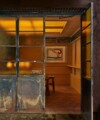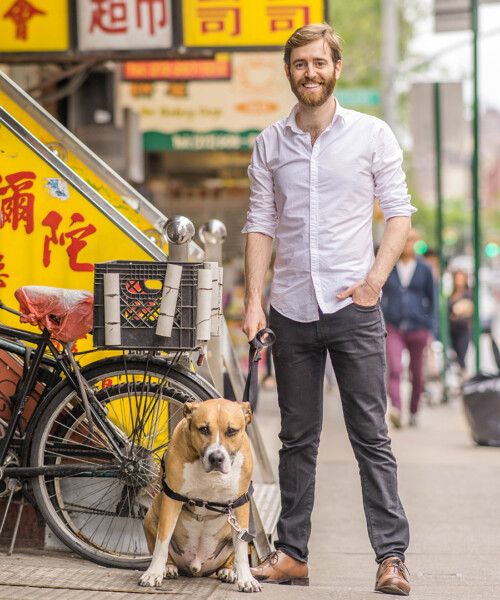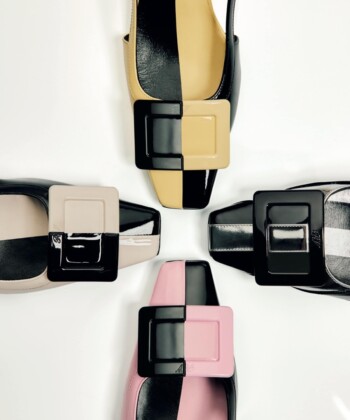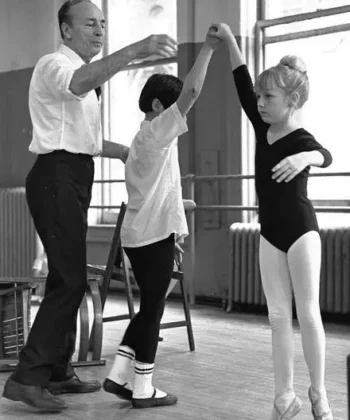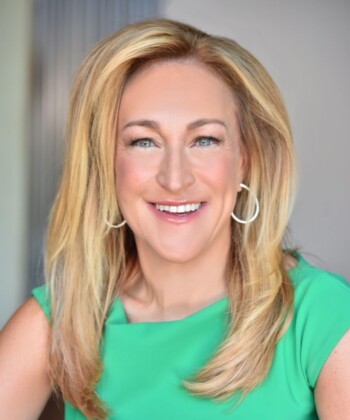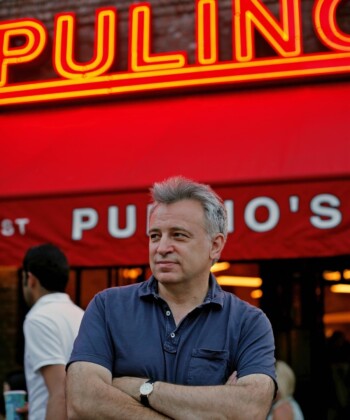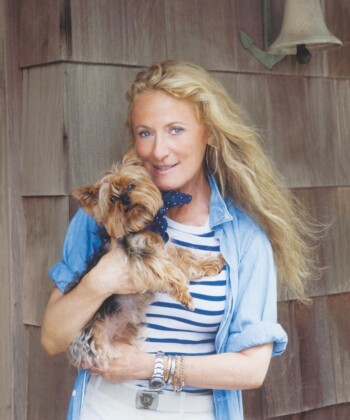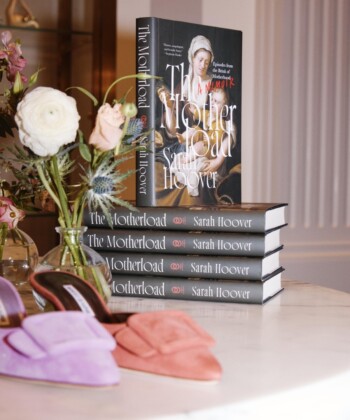“I don’t know why I get excited when I get devastated. There’s something very strange about the fact that we like to get our hearts broken when we read books or watch movies—or listen to music for that matter. There’s a bizarre sense of elevation when a piece of art hurts us.”
Karim Dimechkie might just be the emo we’ve been waiting for.
We’re not talking My Chemical Romance and an unsharpened eyeliner pencil here. Dimechkie is a real emo, and his debut novel, Lifted by the Great Nothing, plays a fine-tuned rainbow of delicate emotions like a harp. Dimechkie follows the coming of age of a sensitive boy named Max who lives with his father in New Jersey, having fled their civil war-torn home in Lebanon when he was a baby. The story starts small—tracing the first stirrings of wonder at the female visage, the initial lines of distinction we draw between ourselves and our parents—and expands into a global epic that travels the globe in search of just what it means to lie for love.
While the conflicts at the story’s core are universal, the particular world that Dimechkie creates so vividly in the novel—that of an American child growing up with immigrant parents—is one that is familiar to him. However, rather than tilling the trenches of his own experience, Dimechkie’s impulse was to create a reality that is in many ways opposite from his own.
“I’ve discovered that there are two sorts of poles in the U.S. immigrant experience. There’s the immigrant who comes here and maintains their national identity. They’re nostalgic to the motherland, and have every intention of going back there, and in the states they feel a little like outsiders or observers of this strange different country. And then there are those on the other side of it—like the father in the book, Rasheed—who have the impulse to embrace American culture to the maximum. In Rasheed’s case it’s mildly comedic even because he’s just so enraptured by everything American. My parents—my mother’s French and my dad is Lebanese—were more of the ilk to be a little critical of the US. They had this sort of anthropological perspective to being here; they would come home and share their newest details about how Americans do this or that. It was definitely like, this is not home; we’ll go back to our respective places. And this was interesting for us kids because we didn’t really know those other places. I don’t feel at home in Lebanon or in France. I feel at home in the U.S.”
Main photograph shot by Marc Deliz


